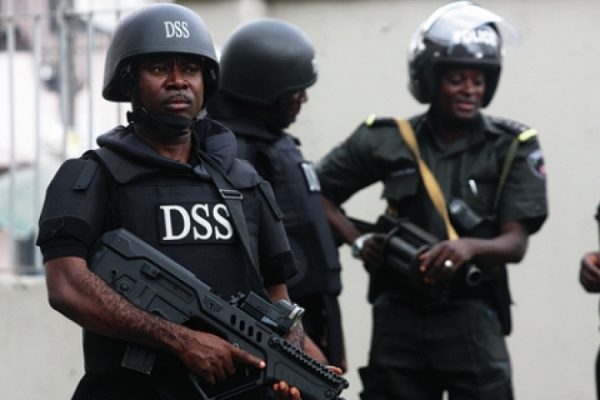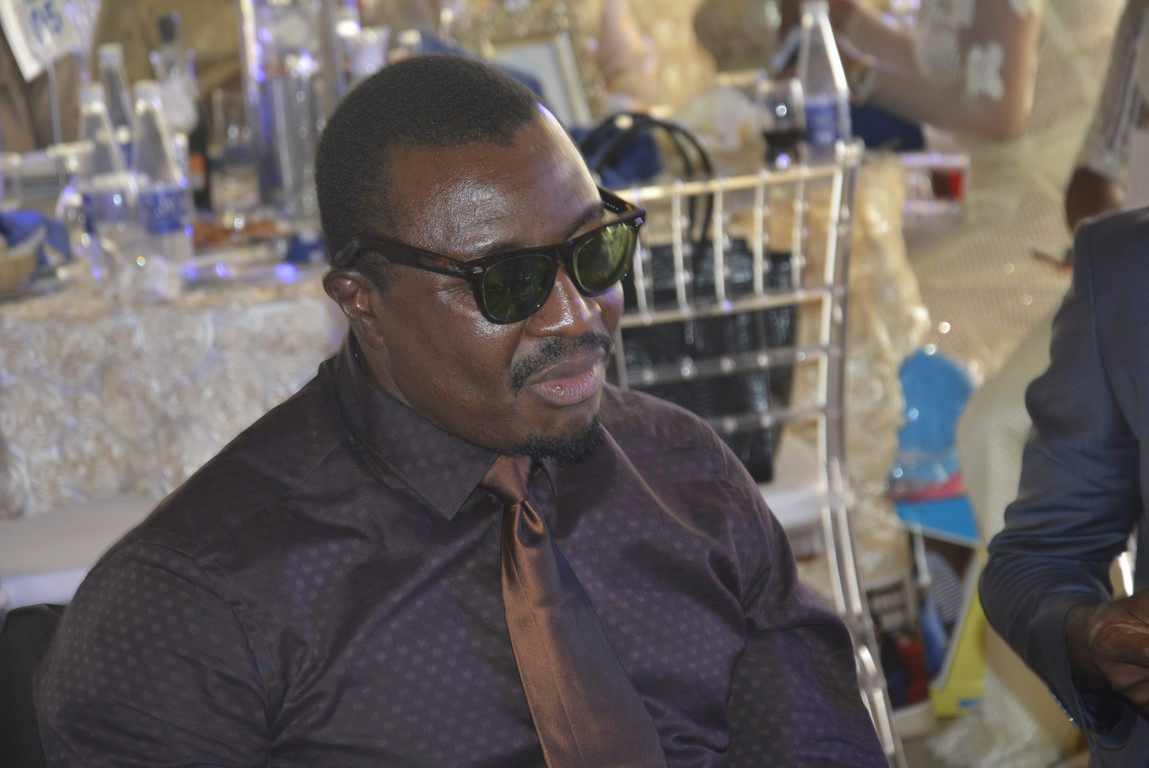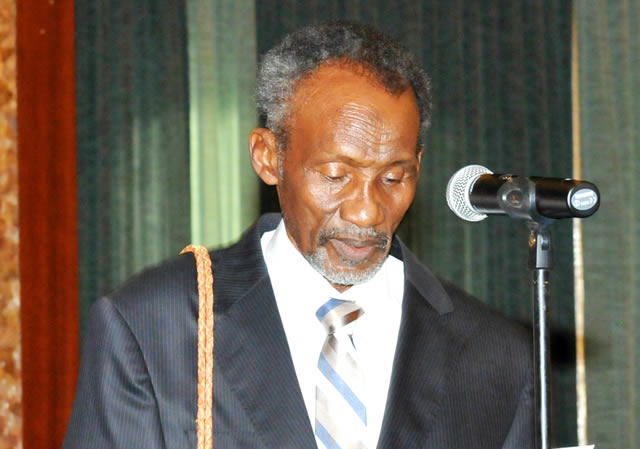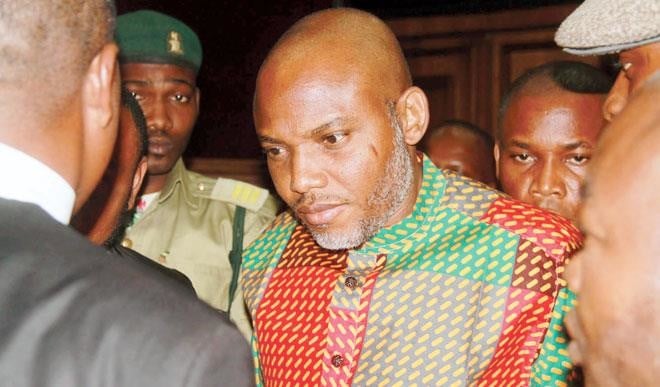On Friday night, the Department of State Services (DSS) raided the homes of some judges across the country.
It arrested some of them over allegations of corruption. At least, two of the judges whose houses were raided have been critical of the agency.
Adeniyi Ademola, a federal high court judge, handling the trial of Sambo Dasuki, former national security adviser (NSA), who is being prosecuted for alleged illegal possession of firearms and money laundering, had at different times flayed the secret police for keeping the accused person in custody in spite of the bail he granted to him.
Also, Nnamdi Dimgba, another federal high court judge, whose house DSS operatives searched, had criticised the agency over its disregard for citizens’ rights.
Advertisement
The homes of Sylvester Ngwuta and John Okoro — both supreme court judges — were raided as well.
However, the secret police claimed that it recovered huge amounts of money, including foreign currencies from at least three of the judges.
On Saturday, the Nigeria Bar Association (NBA) condemned the arrest of the judges, threatening “consequences” if they were not released. It also declared a state of emergency, constituting a crisis management team to wade into the problem.
Advertisement
But a debate rages on over the propriety of the DSS’ raid, even though Femi Falana, human rights lawyer, has revealed that judges suspected of corruption usually rush to the court to prevent their arrest, investigation and prosecution, once they have been invited by the Independent Corrupt Practices and other Offences Commission (ICPC) or the Economic and Financial Crimes Commission (EFCC).
Let’s have your say.
Advertisement







